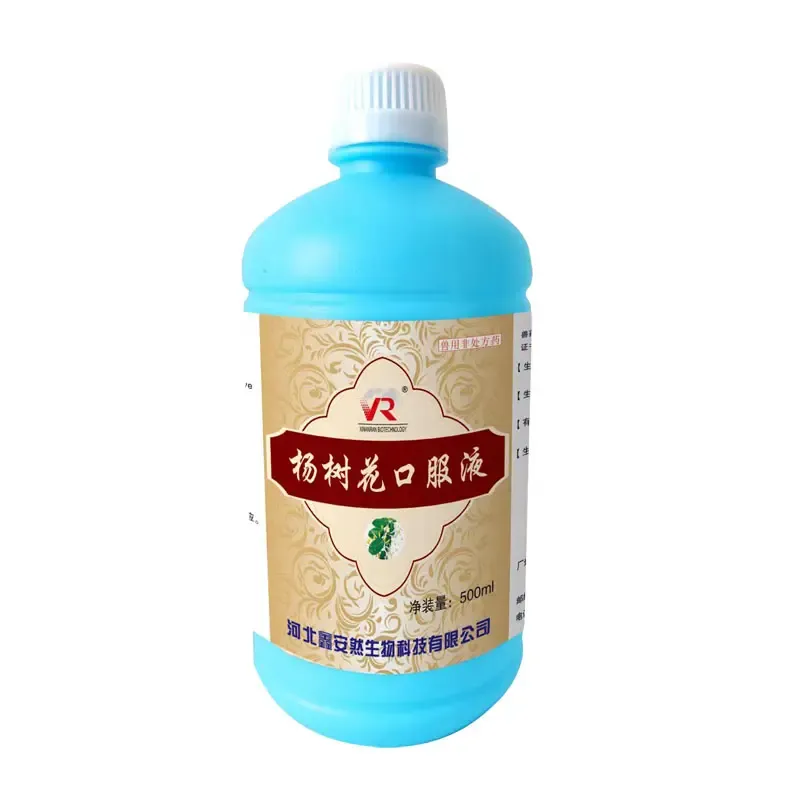- Afrikaans
- Albanian
- Amharic
- Arabic
- Armenian
- Azerbaijani
- Basque
- Belarusian
- Bengali
- Bosnian
- Bulgarian
- Catalan
- Cebuano
- Corsican
- Croatian
- Czech
- Danish
- Dutch
- English
- Esperanto
- Estonian
- Finnish
- French
- Frisian
- Galician
- Georgian
- German
- Greek
- Gujarati
- Haitian Creole
- hausa
- hawaiian
- Hebrew
- Hindi
- Miao
- Hungarian
- Icelandic
- igbo
- Indonesian
- irish
- Italian
- Japanese
- Javanese
- Kannada
- kazakh
- Khmer
- Rwandese
- Korean
- Kurdish
- Kyrgyz
- Lao
- Latin
- Latvian
- Lithuanian
- Luxembourgish
- Macedonian
- Malgashi
- Malay
- Malayalam
- Maltese
- Maori
- Marathi
- Mongolian
- Myanmar
- Nepali
- Norwegian
- Norwegian
- Occitan
- Pashto
- Persian
- Polish
- Portuguese
- Punjabi
- Romanian
- Russian
- Samoan
- Scottish Gaelic
- Serbian
- Sesotho
- Shona
- Sindhi
- Sinhala
- Slovak
- Slovenian
- Somali
- Spanish
- Sundanese
- Swahili
- Swedish
- Tagalog
- Tajik
- Tamil
- Tatar
- Telugu
- Thai
- Turkish
- Turkmen
- Ukrainian
- Urdu
- Uighur
- Uzbek
- Vietnamese
- Welsh
- Bantu
- Yiddish
- Yoruba
- Zulu
Nov . 09, 2024 11:48 Back to list
Understanding Nutritional Needs for Healthy Horses and Optimal Performance
Nutrition for Equine Health A Comprehensive Guide
Equine nutrition is a vital aspect of maintaining the health and performance of horses. Proper feeding practices not only promote optimal growth and development in young horses but also enhance the performance of adult equines, improve reproductive success, and help manage health conditions. Understanding the nutritional requirements of horses is essential for any horse owner or caretaker.
Understanding Equine Digestive Anatomy
Horses are herbivores, and their digestive system is specifically adapted to process forage. Unlike humans and many other animals, horses have a unique digestive anatomy that allows them to ferment fibrous plants in the cecum and colon. This microbial fermentation is critical for breaking down cellulose and deriving energy from fibrous feeds. Thus, forage, primarily grass and hay, should make up the majority of a horse’s diet—ideally 1.5% to 2.5% of their body weight daily.
Key Nutritional Components
1. Forage The foundation of an equine diet, forage provides essential fiber necessary for digestion. Hay and pasture grass are rich in fiber and should be the primary source of nutrition. Horses benefit most from high-quality forage that is free from dust, mold, and contaminants.
2. Concentrates These include grains and commercial feeds, which provide additional energy for horses with high workloads, pregnant mares, or lactating mothers. Common grains include oats, barley, and corn; however, it is critical to introduce concentrates gradually to prevent digestive disturbances.
3. Vitamins and Minerals Horses require a range of vitamins and minerals for optimal health. Key vitamins include A, D, E, and some B vitamins, while essential minerals include calcium, phosphorus, magnesium, selenium, and zinc. A mineral and vitamin supplement may be necessary, especially if forage quality is questionable.
4. Water Often overlooked, fresh and clean water is crucial for a horse's overall health. Horses typically drink 5 to 10 gallons of water per day, depending on activity level and environmental conditions. Access to water should always be unrestricted.
nutrition equine

Balancing the Diet
Each horse is an individual with specific nutritional needs that can vary based on age, weight, activity level, and health status. Maintaining a balanced diet requires careful attention to these factors. Young horses and those in training may require diets higher in protein and energy, while older horses or those at rest may need fewer concentrates and more fiber.
To avoid issues such as colic or laminitis, it’s essential to gradually introduce any new feed. Transitioning feed types should be done over a period of 7-10 days. Furthermore, monitoring body condition score can help assess if a horse’s diet is meeting its needs.
Special Dietary Considerations
Certain situations may require special dietary considerations
- Senior Horses Aging horses may struggle to chew fibrous hay and could benefit from softer, easily digestible feeds. - Performance Horses Horses in intense training may require higher energy rations to sustain their performance levels. - Overweight Horses Obesity is a growing concern in equine health, and weight management may necessitate a reduction in caloric intake and increased fiber sources.
Conclusion
Effective equine nutrition is a basis for healthy and productive horses. A balanced diet rich in quality forage, adequate concentrates, and a full complement of vitamins and minerals, alongside fresh water, forms the cornerstone of equine health management. Horse owners should invest time in understanding their horse's unique needs to ensure they thrive at every stage of life. Regular assessments and adjustments to the diet can help maintain a horse's overall health, performance, and longevity. With the proper care and nutrition, horses can lead vibrant and fulfilling lives, whether on the racecourse, in the show ring, or as beloved companions.
-
Guide to Oxytetracycline Injection
NewsMar.27,2025
-
Guide to Colistin Sulphate
NewsMar.27,2025
-
Gentamicin Sulfate: Uses, Price, And Key Information
NewsMar.27,2025
-
Enrofloxacin Injection: Uses, Price, And Supplier Information
NewsMar.27,2025
-
Dexamethasone Sodium Phosphate Injection: Uses, Price, And Key Information
NewsMar.27,2025
-
Albendazole Tablet: Uses, Dosage, Cost, And Key Information
NewsMar.27,2025













